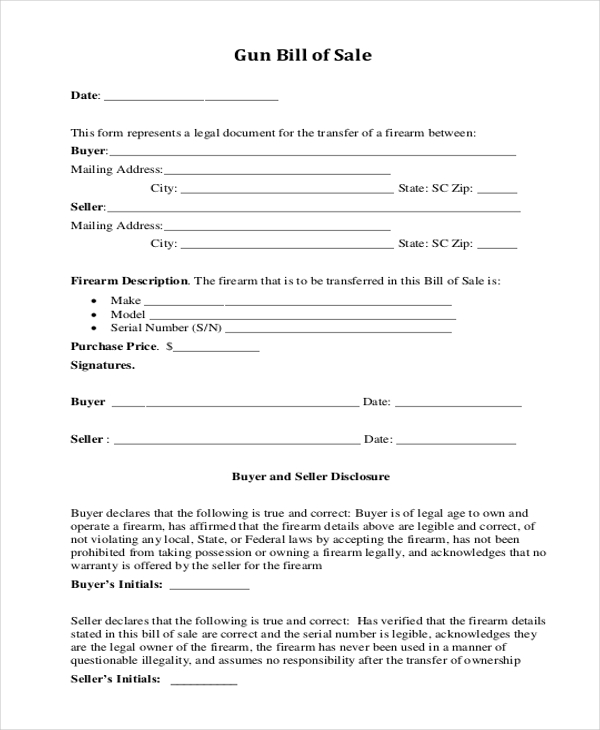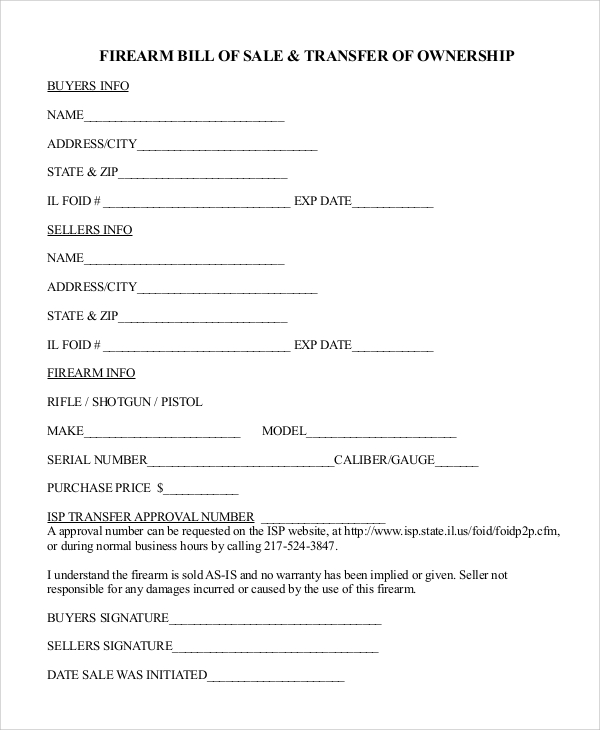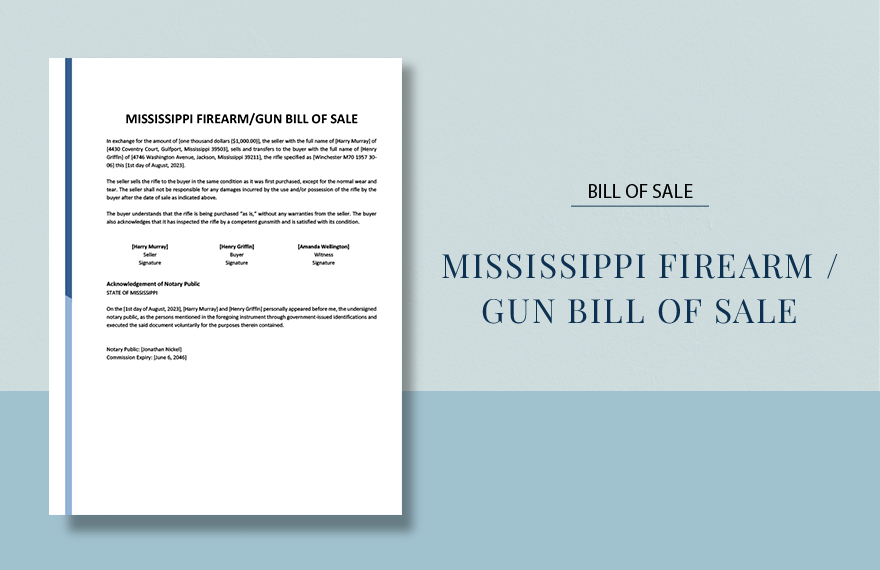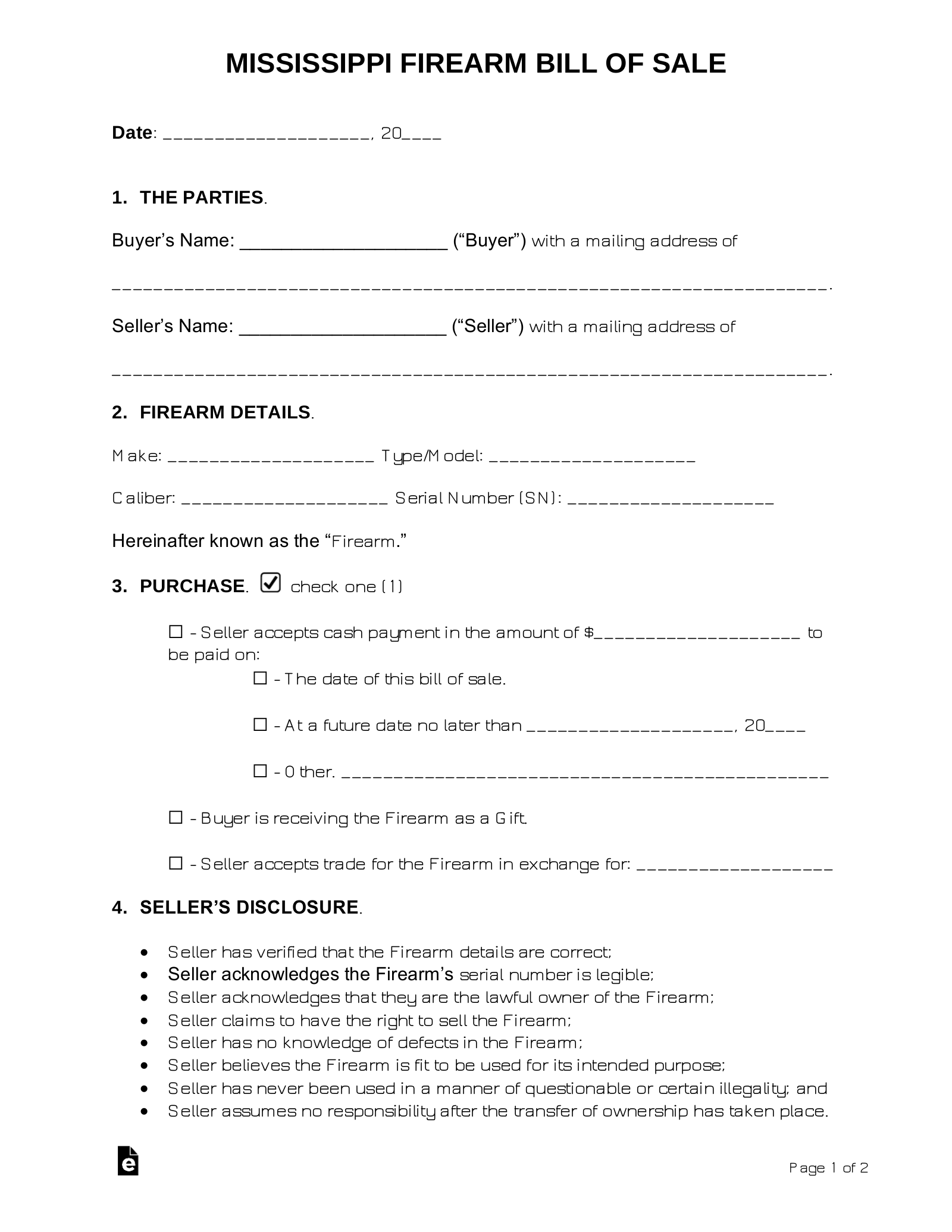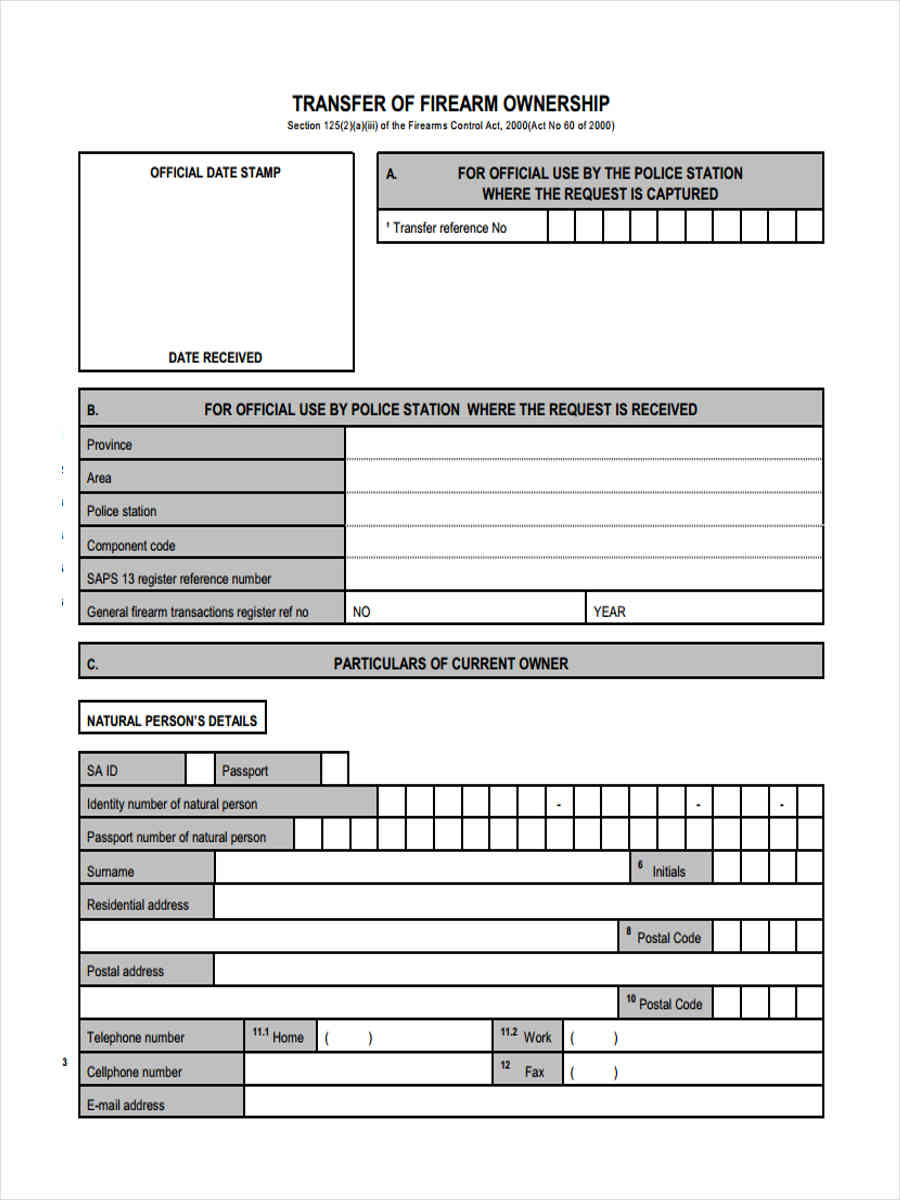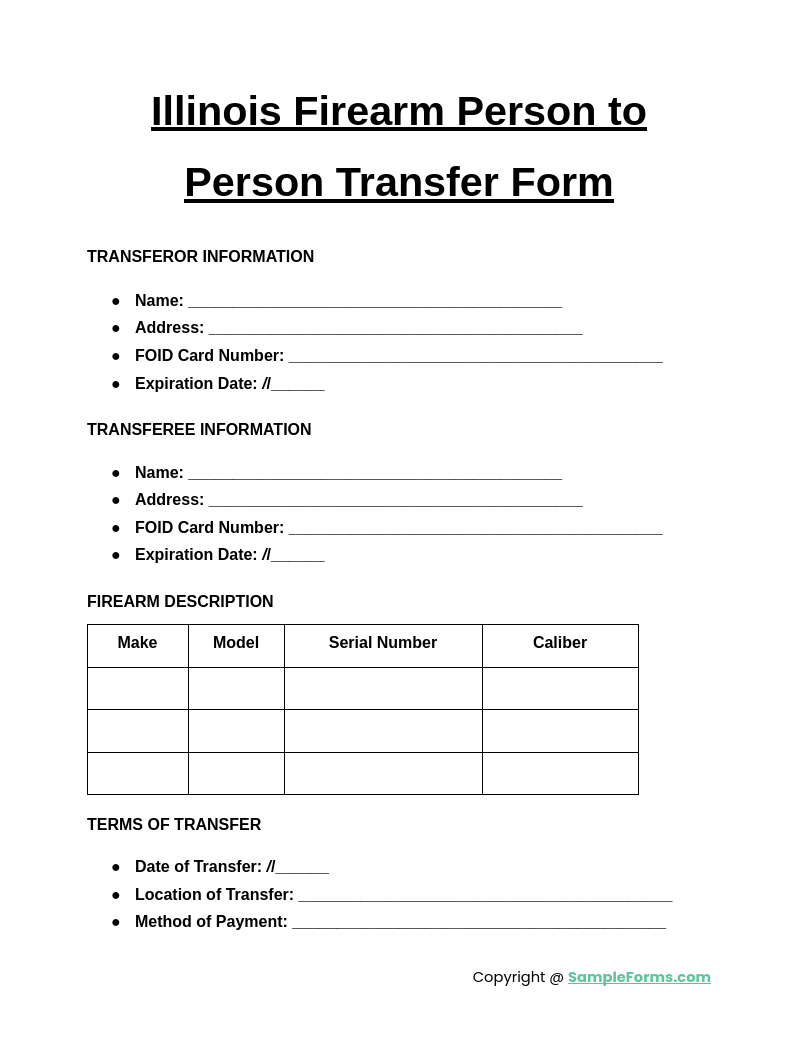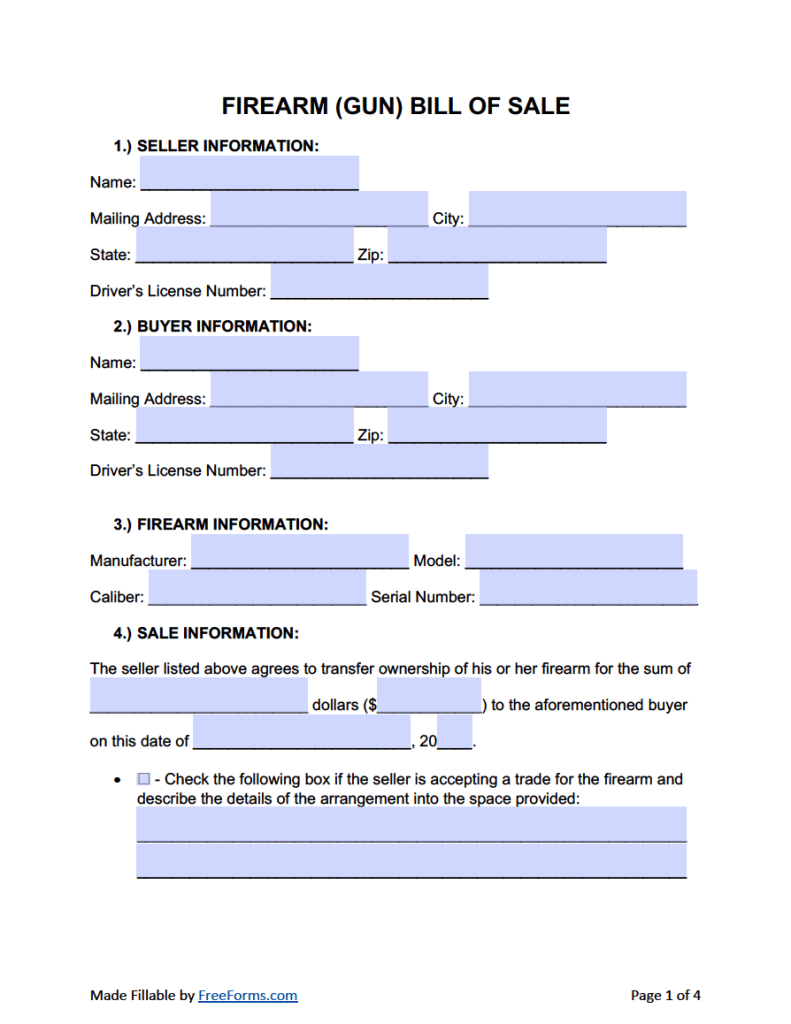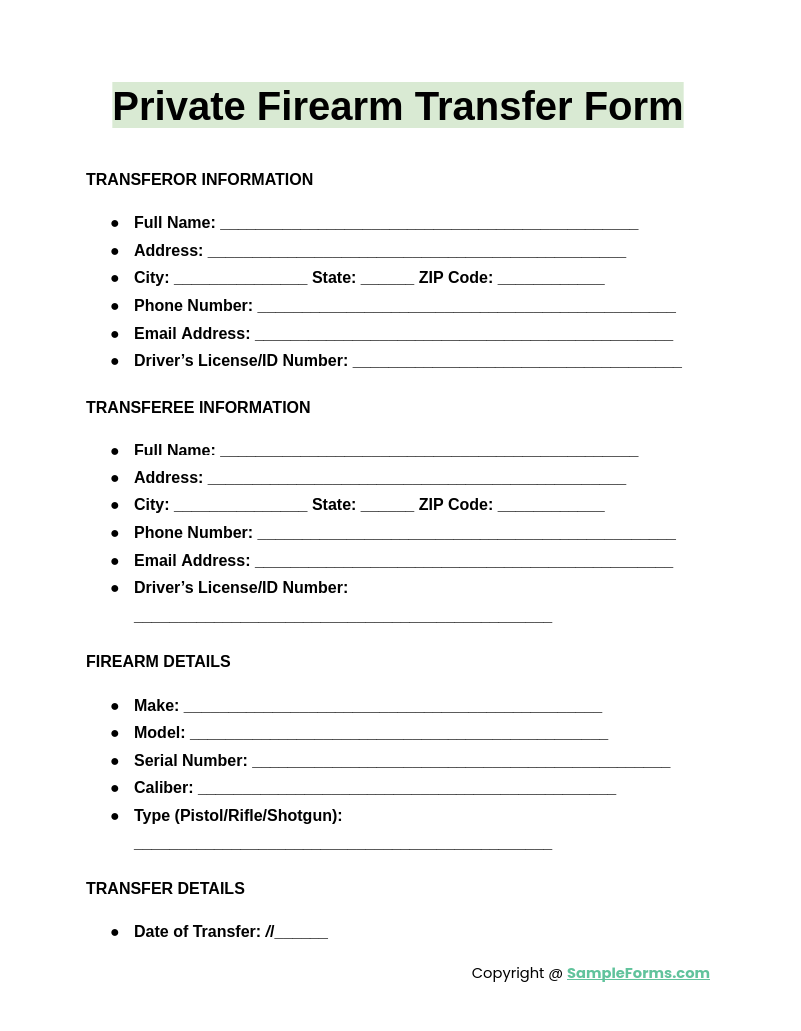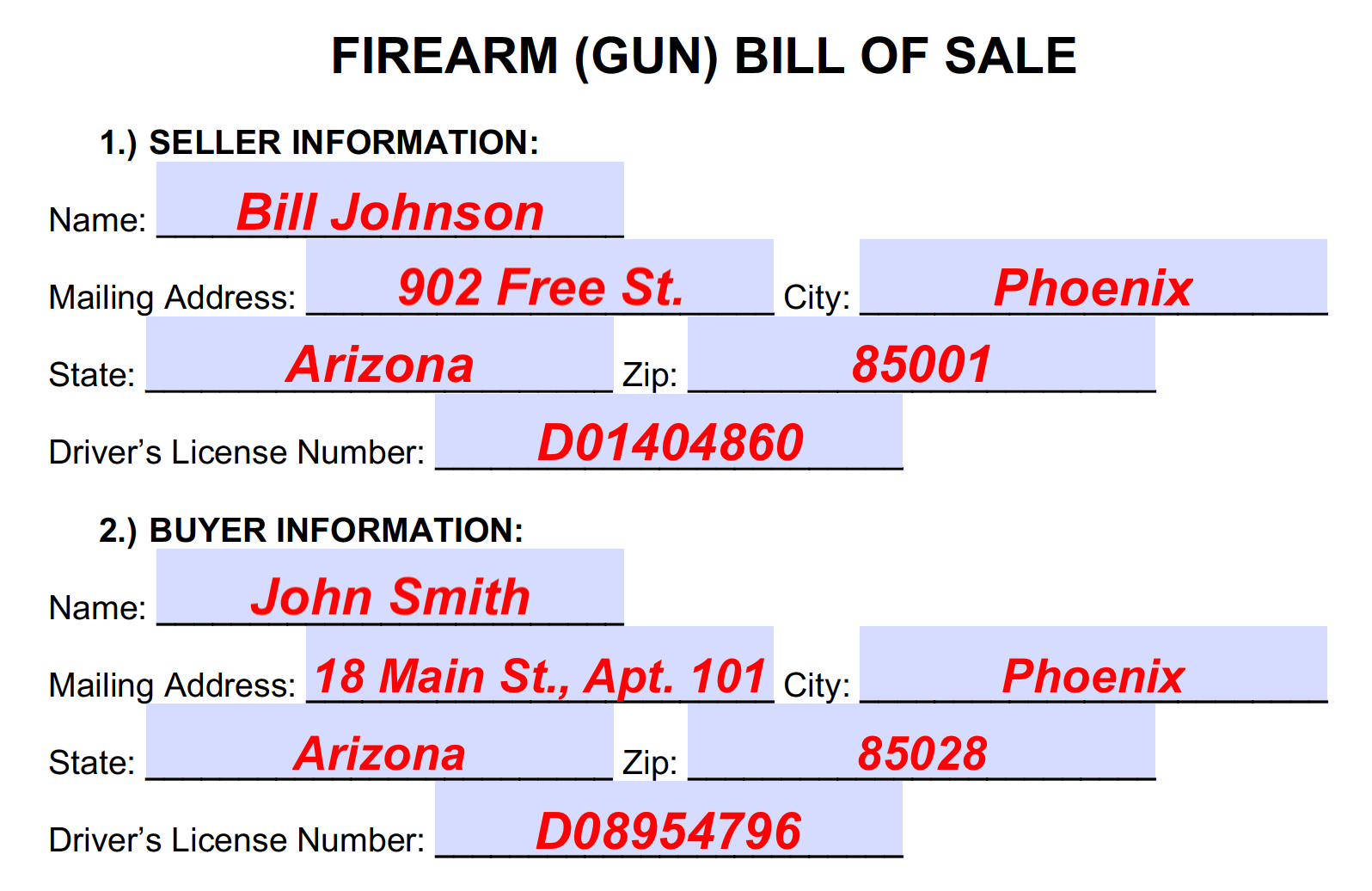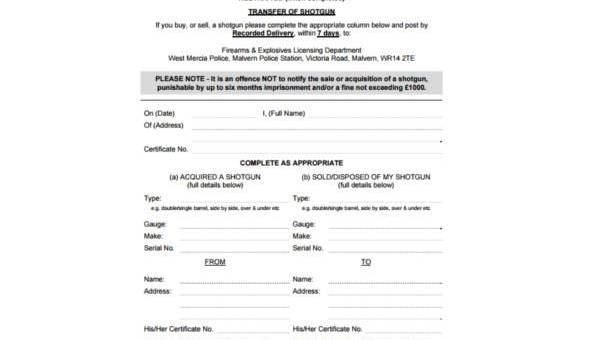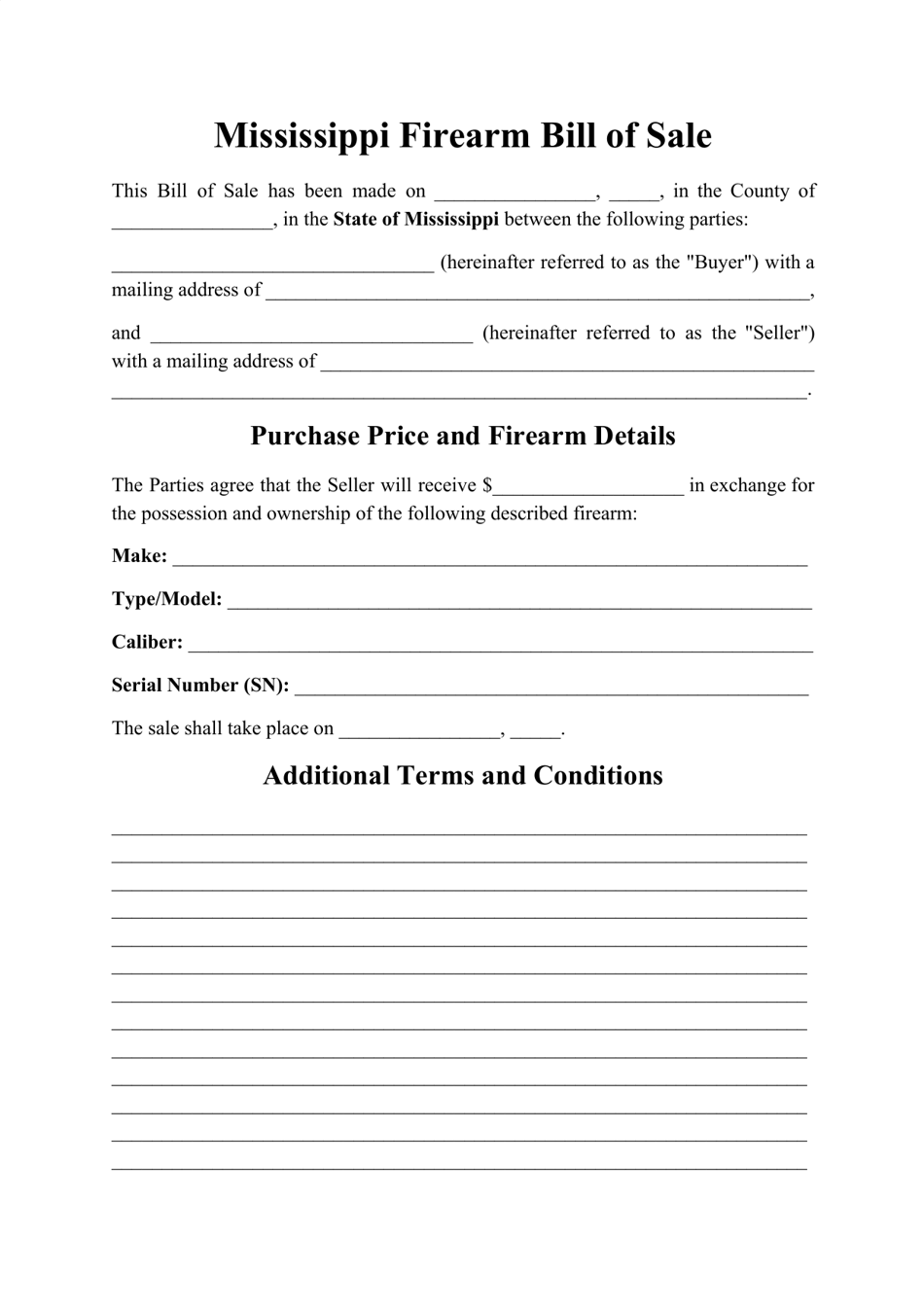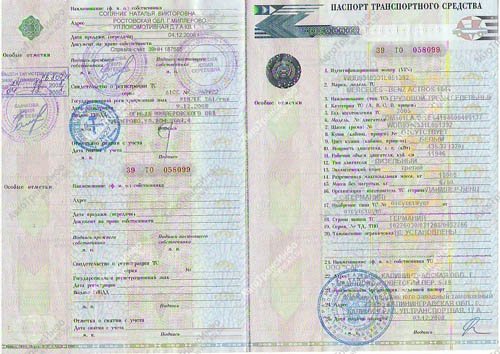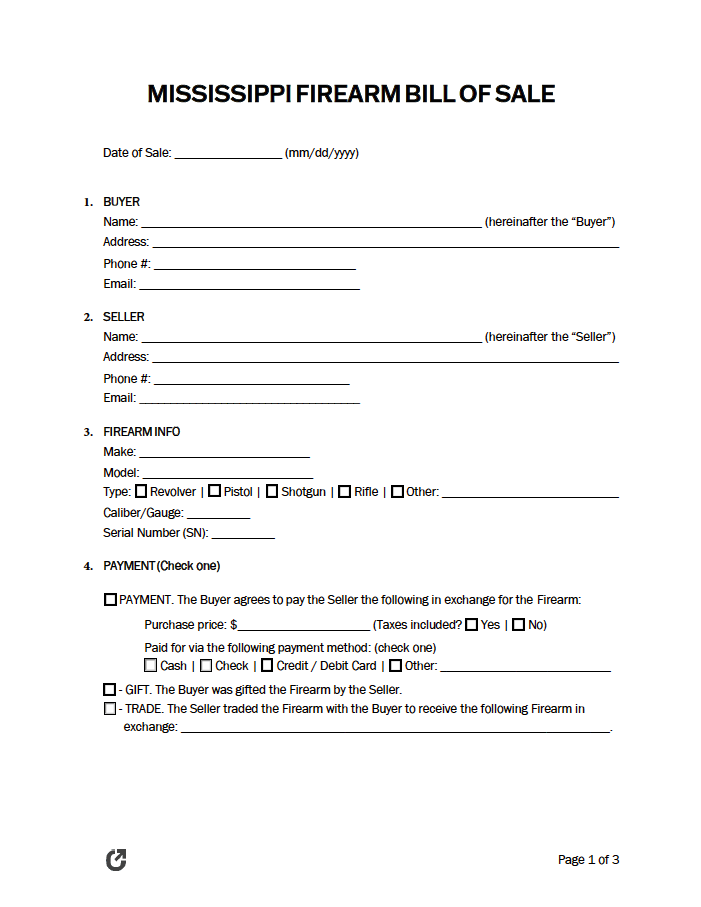So, you're thinking about passing down a firearm in the great state of Mississippi? Maybe Grandpa's old hunting rifle? Or perhaps you're helping a friend get started in target shooting? It's a simpler process than you might think, and dare I say, it can even be a little heartwarming.
The "How-To" Minus the Headache
Forget visions of mountains of paperwork! Mississippi keeps things relatively straightforward. There’s no state requirement for registering firearms, meaning no official list saying who owns what. This makes transferring ownership within the state much easier.
The key thing to remember is that both the person giving the gun and the person receiving it must be legally allowed to own a firearm. No felons, no one with a domestic violence restraining order, and no one else prohibited under federal or state law.
Intra-Family Transfers: A Hand-Me-Down with History
Transferring a gun to a family member is often the most common scenario. Imagine passing down a shotgun used by generations for duck hunting. The gun itself becomes a physical connection to family history.
In these cases, the transfer can be as simple as handing it over with a story. "Your great-grandpappy bagged a record-sized buck with this very gun!" It's about more than just metal and wood; it's about legacy.
Private Sales: A Little More "Official"
If you're selling to someone who isn't a close relative, exercising a bit more caution is wise. You don’t need to go through a licensed dealer for a private sale in Mississippi, but you *should* protect yourself.
Consider creating a bill of sale. It's a simple document outlining who sold what to whom, for how much, and on what date. This helps create a record of the transaction and can be useful if questions arise later. Some folks think it's extra, others think it's smart as a whip.
The Federal Form 4473: When It’s Needed (and Why)
Now, for the potential curveball. If you're not sure whether the person you're selling to is legally allowed to own a firearm, it's a very good idea to involve a licensed firearms dealer (FFL). Think of them as the middleman who can help make sure everything is above board.
The dealer will run a background check on the buyer using the Federal Form 4473. This is the same form used when buying a gun from a store. It can feel like overkill for a simple transaction, but it's the best way to ensure you're not accidentally putting a gun in the wrong hands.
Gifting Across State Lines: Not As Simple As It Sounds
What if you want to gift a gun to your nephew who lives in another state? This is where things get a bit more complicated. Federal law requires that the firearm be transferred through a licensed dealer in your nephew's state of residence.
The process involves shipping the gun to the dealer, who will then conduct a background check on your nephew before transferring the firearm. It adds a layer of complexity, but ensures compliance with both federal and state laws.
A Few Words of Wisdom
When in doubt, consult with a lawyer specializing in firearms law. This isn’t a joke! They can provide specific guidance based on your individual situation. They know the ins and outs of the law better than anyone.
Always err on the side of caution. It's better to be safe than sorry, especially when dealing with firearms. Nobody wants to find themselves in a legal pickle.
Transferring a firearm in Mississippi can be a simple and even sentimental process, particularly within families. By following these guidelines and exercising common sense, you can ensure a smooth and legal transfer, preserving both tradition and safety.
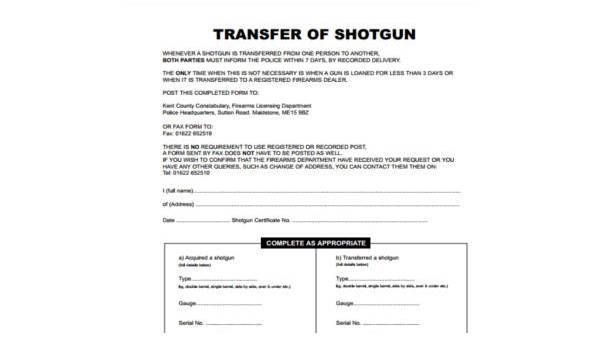

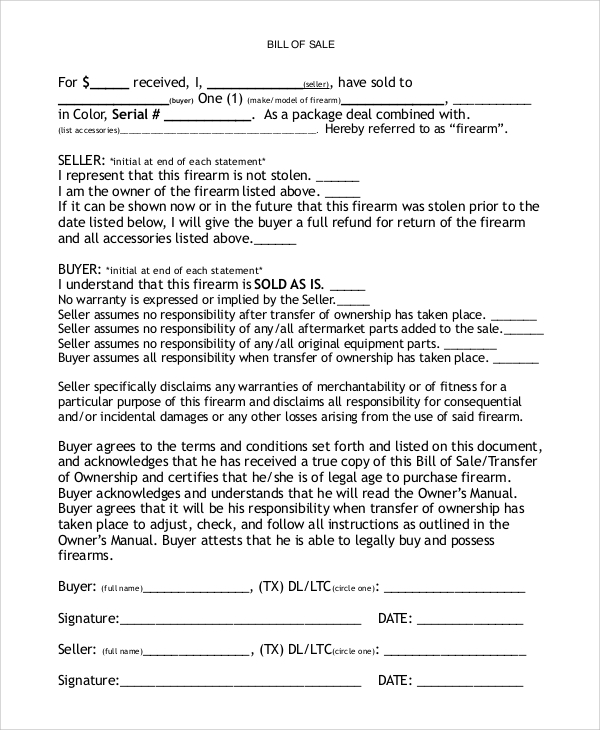
![Mississippi Bill of Sale Templates [Free] (Word, PDF, ODT) - How To Transfer Ownership Of A Gun In Mississippi](https://templates.legal/wp-content/uploads/2022/07/Mississippi-Firearm-Bill-of-Sale-Templates.Legal_.jpg)
